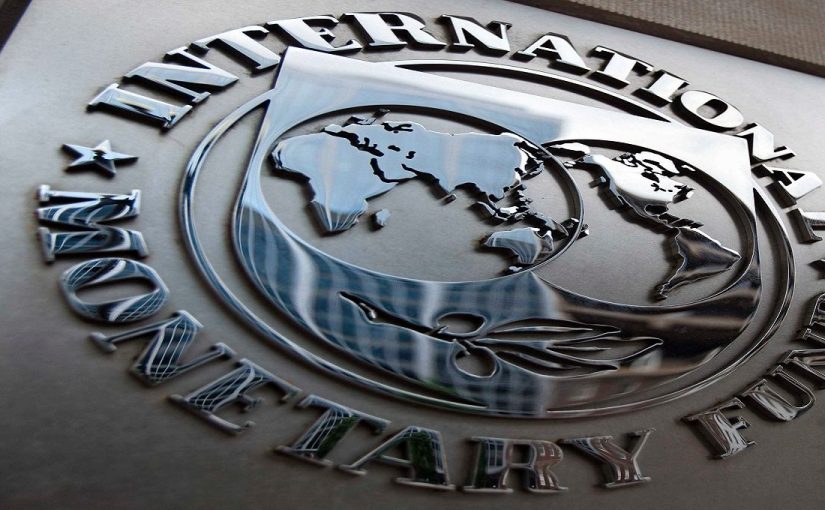Mozambique launches $490 million plan to eliminate cholera by 2030
IMF thumbs down: secret debt details & major spending cuts required – By Joseph Hanlon

Macauhub (File photo)
There is no IMF programme on the horizon as the IMF mission took a very hard line in a statement issued Thursday afternoon. More information on the secret debt, more spending cuts, and restructuring state companies are all required – and must go much further than the small attempts made in the past two weeks to placate the IMF mission.
The IMF points to the large deficit caused by high wage bills and falling tax revenue, and being funded by borrowing and not paying bills, and says this cannot continue. And it calls for “decisive action to restructure financially-weak state-owned enterprises (SOEs)”. The full statement is on IMF staff completes 2017 article IV mission to Mozambique – Unabridged
The team was in Mozambique 30 November -13 December and issued its statement on 14 December. Officially this was what is known as an “Article IV mission” to assess the state of the economy and was not formally to talk about the IMF programme suspended when the $2 bn secret debt was revealed. That programme was suspended in part because IMF officials felt personally offended that they had been lied to by Mozambican ministers who denied the existence of the secret debt. The IMF demanded the Kroll forensic audit, and IMF and donor anger has been fuelled because the government refused to provide key information, so Kroll could not account for most of the money.
The mission’s statement makes clear that the IMF will not move toward a new programme until the government releases more information: “Regarding the follow up to the audit of Ematum, Proindicus and MAM companies, the mission reiterates the need to fill the information gaps in the audit report and takes note of the Government’s recommendation to wait for the outcome of the ongoing investigations by the Prosecutor General Office.” In other words, no I programme soon as the IMF waits for government action.
The mission was is not optimistic about the economy: “Mozambique’s growth continues to slow down and the outlook remains challenging.” Although inflation has fallen faster than expected, growth “is now expected to decline to about 3% in 2017, compared to 3.8% in 2016.”
“Significant spending pressures stemming from debt service and wages, as well as weaker-than-anticipated revenue collection, are expected to result in an overall fiscal deficit exceeding 8% of GDP. The large financing needs of the Treasury combined with a tight monetary policy to stabilise inflation continues to press market interest rates higher, depressing credit availability to the private sector – particularly to SMEs – and affecting economic activity, employment, and socio-economic conditions,” the mission says. “A sustained fiscal effort will be required to lower deficits and limit further accumulation of public domestic and external debt, including arrears to creditors and suppliers.”
The mission noted the actions announced when it was in Maputo (see this newsletter 394, 10 Dec Trying to placate IMF visitors with arrests, cuts & a sacking – By Joseph Hanlon) to try to cut the wage bill and increase revenue, but said that this was not nearly enough. Government must do much more to “mobilise additional revenues and by reducing current spending, while protecting outlays to social and infrastructure spending.”
Perhaps noting the announcement 8 December, while the mission was in Maputo, of an unnecessary $60 mn Chinese funded airport in Xai-Xai, “the mission urged the authorities to align the public investments’ program considering project feasibility, absorption capacity constraints, and debt sustainability.”
Finally “the mission urges the authorities to take decisive steps … to restructure financially-weak SOEs that pose significant fiscal and financial sector risks.”
By Joseph Hanlon












Leave a Reply
Be the First to Comment!
You must be logged in to post a comment.
You must be logged in to post a comment.